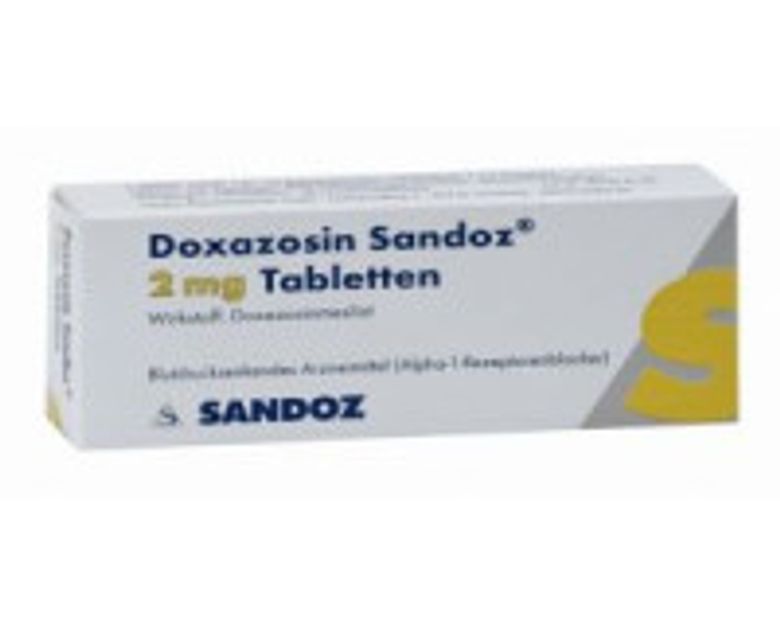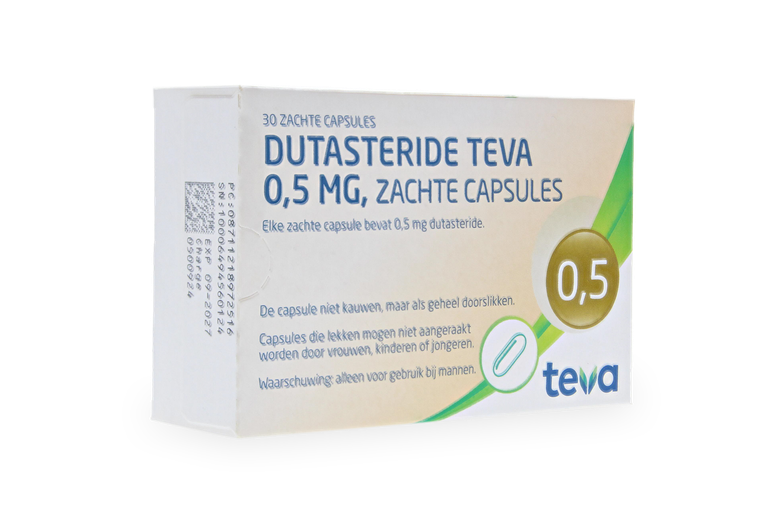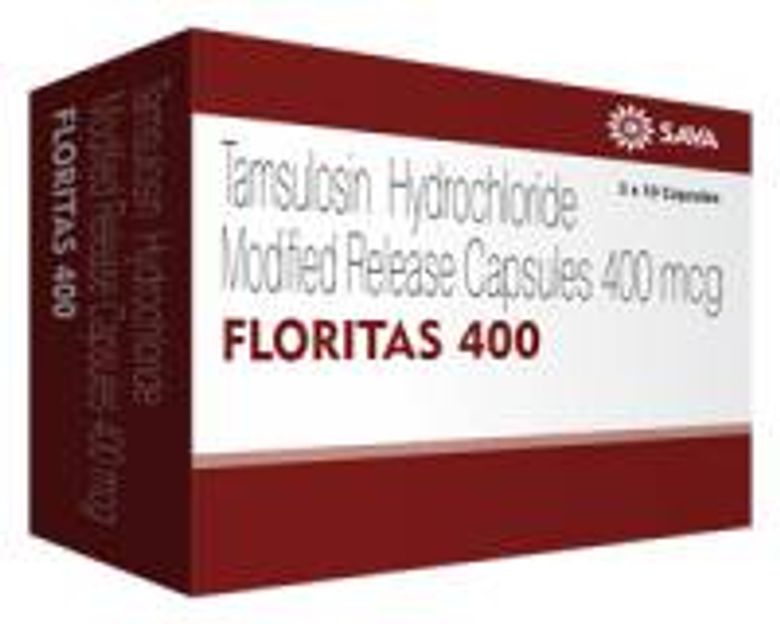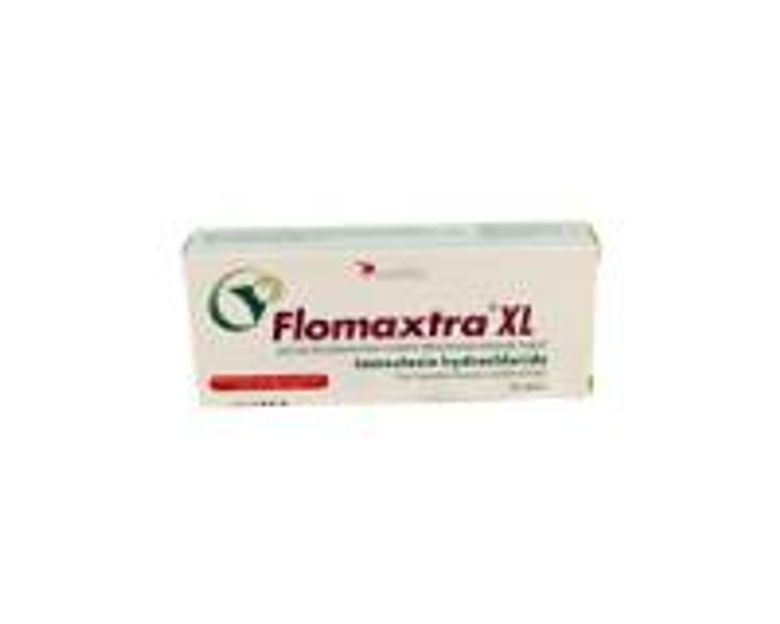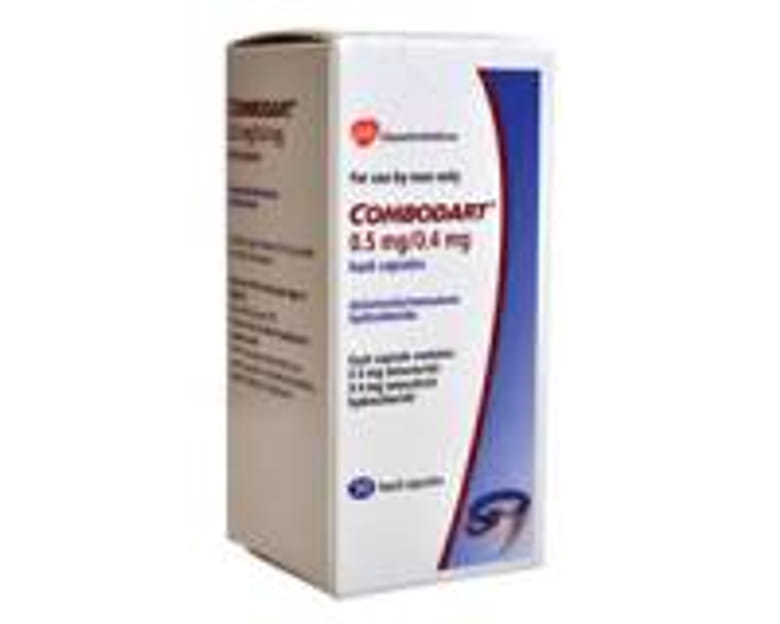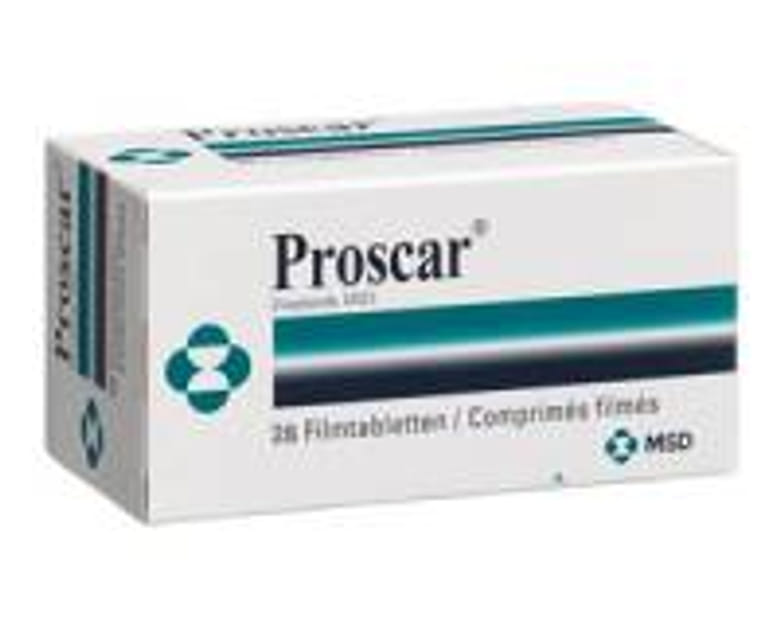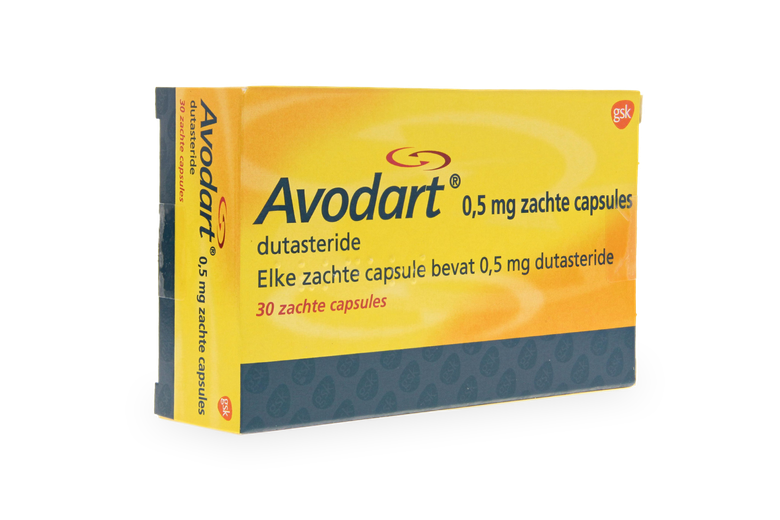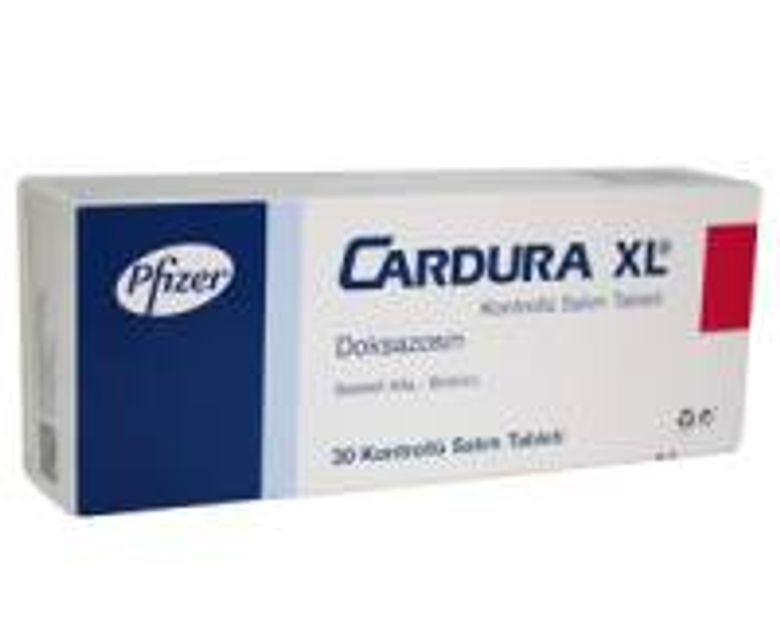For mild symptoms, a wait-and-see approach may be recommended, involving regular monitoring of the PSA levels and prostate size, known as "vigilant waiting." If symptoms become bothersome, treatment options include medication or surgery.
Medication
The first-line treatment for prostate symptoms often involves alpha 1 blockers, which relax the muscles in the urethra and prostate, making it easier to urinate. Examples include alfuzosin, doxazosin, and tamsulosin. If symptoms do not improve within six weeks, alternative treatments may be needed.
Another option is 5-alpha reductase inhibitors, which help reduce prostate size and relieve urinary symptoms. These may be used in combination with alpha 1 blockers. Side effects can include erectile dysfunction or reduced libido.
Operation
If medication does not alleviate symptoms, surgery may be necessary. This often involves inserting an instrument into the urethra to remove prostate tissue through burning, lasering, or evaporation, creating more space for urine flow. Recovery may take a few weeks, with full benefits often noticeable after three months.
While prostate surgery does not typically cause erectile dysfunction, a "dry orgasm" may occur, where no semen is ejaculated. This happens because the seminal fluid redirects to the bladder instead of exiting through the urethra, affecting fertility. If you plan to have children, discuss this with your doctor before surgery.
Alternative treatments
In addition to conventional medications, several natural remedies are believed to benefit prostate health, including:
- Saw palmetto
- Prunus africana
- African potato
- Tomato
- Pumpkin seed oil
- Nettle
There are also products that combine some of these ingredients.
Lifestyle changes
A healthy lifestyle cannot stop prostate growth, but it can reduce the impact of symptoms and help prevent other conditions that exacerbate urinary problems, such as obesity, diabetes, and constipation.
Tips for a healthier lifestyle:
- Drink at least 1.5 to 2 litres of water daily to avoid dehydration, which increases the risk of bladder infections.
- Avoid drinking fluids two hours before bedtime to reduce nighttime urination.
- Eat a diet rich in vegetables, fruit, and fibre to prevent constipation.
- Maintain a healthy weight, as excess weight can contribute to urinary problems.
- Exercise regularly to improve fitness and resistance, and prevent obesity.
- Strengthen pelvic floor muscles to reduce urinary incontinence.
- Limit alcohol and caffeine intake, as they can irritate the bladder.
- Do not delay urination for too long.

